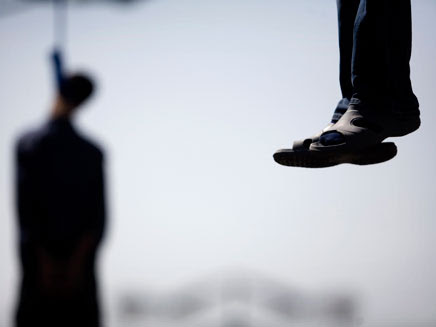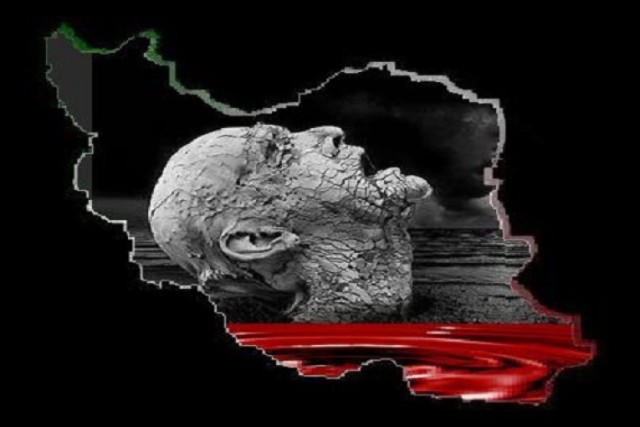Analysis: Iranian human rights situation following Iran deal by Rachel Avraham
A recent report by the Boroujerdi Civil Rights Group has documented that in spite of Iranian promises in the wake of the Iran deal, the rate of executions remains high, the jailing of journalists and human rights activists continues unabated, and the lack of freedom of expression and discrimination against women continues to be widespread: “The five main reasons for death penalties in Iran are heresy, rape, murder, drug smuggling and armed struggle. Capital punishment has spiked under Rouhani. More than 2000 executions were carried in Iran during President Rouhani’s period since October 3, 2013. The human rights situation has not improved since Rouhani became President two years ago.”

Public execution in Iran. Photo Credit: Channel 2.
The Boroujerdi Civil Rights Group noted that the rate of executions in Iran has risen by 16% since the last year of Ahmadinejad’s presidency, despite the perception in the West that Rouhani is a moderate and Ahmadinejad was a hard core extremist: “Furthermore, Iran has the horrible status of being the world’s last official executioner of child offenders, people convicted of crimes when they were under the age of 18.”
The report noted that the UN confirmed that the Bahais are still persecuted in Iran despite claims by the Iranian government to the contrary: “Bahai citizens continue to face discrimination, arrest and arbitrary detention in connection with their religion. Bahais have been systematically persecuted since 1979; extremist Islamic groups close to the regime have confiscated their property and assets.” The report also noted that Bahais are not given work permits, are deprived of the right to attend university, and don’t have any representative in parliament, a privilege that is given to other religious groups within the country. They stressed that Bahais aren’t even permitted to bury their loved ones in public cemeteries: “Since 2005, more than 800 Bahais have been arrested. Over the years, thousands of pieces of anti-Bahai propaganda have been disseminated in the Iranian media.”
According to the report, Iran treats the Baloch nation living with her borders like second class citizens: “Balochistan has the lowest economic participation in the country, the highest illiteracy rate, the highest unemployment rate, the highest percentage of poverty, the highest rate of executions, the highest mortality rates for mothers and children, and the highest percentage of malnutrition. Living in the poor region of Balochistan is a torture in itself but the people of this region go through different types of tortures and persecutions. The medieval tortures are a bitter memorial of what Iran’s officials have been using against Baloch dissidents in the regimes detention centers.” According to the report, the methods of torture employed against Baloch dissidents include waterboarding, pulling out fingernails, cutting off fingers, hanging the dissidents from the ceiling, lashings, high voltage shocks, shoving sharp objects into sensitive organs, burning sensitive organs, rape, roast chicken torture, mock executions, sexual harassment, hanging objects from the testicles, and lethal injection.
RELATED ARTICLE: German Intel: Muslim migrants will bring anti-Semitism

